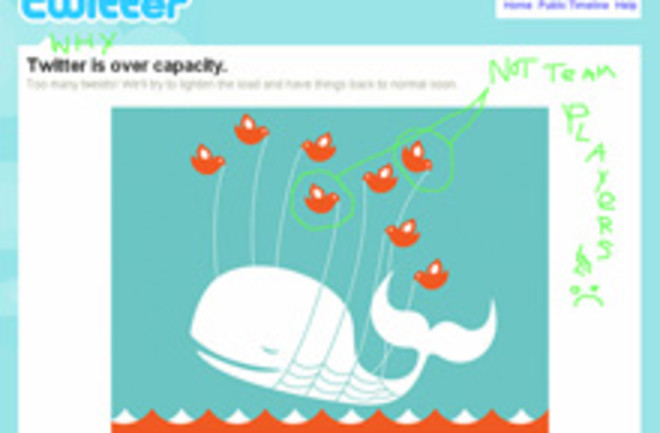Quick! Grab the latest scientific study that may have something remotely to do with Twitter! Run it with a "Twitter Will Destroy Humanity!" headline! With a graphic by Hieronymus Bosch! Here's how it all started: A University of Southern California study, which is slated for publication next week in the Proceedings of the National Academy of Sciences Online Early Edition, has come to the reported conclusion that Twitter can/might/will turn humanity into a teeming mass of barbarians who engage in all matter of mass killings, wanton torturing, rape, and other atrocities. Or something. Mary Helen Immordino-Yang, a researcher and co-author on the study, has been quoted far and wide across the Internets with such gems as:
Worst Science Article of The Week: Twitter Will Make You Eeevil

Newsletter
Sign up for our email newsletter for the latest science news
0 free articles left
Want More? Get unlimited access for as low as $1.99/month
Stay Curious
Sign up for our weekly newsletter and unlock one more article for free.
View our Privacy Policy
Want more?
Keep reading for as low as $1.99!
Already a subscriber?
Find my Subscription
More From Discover
Stay Curious
Subscribe
To The Magazine
Save up to 40% off the cover price when you subscribe to Discover magazine.
Copyright © 2025 LabX Media Group
